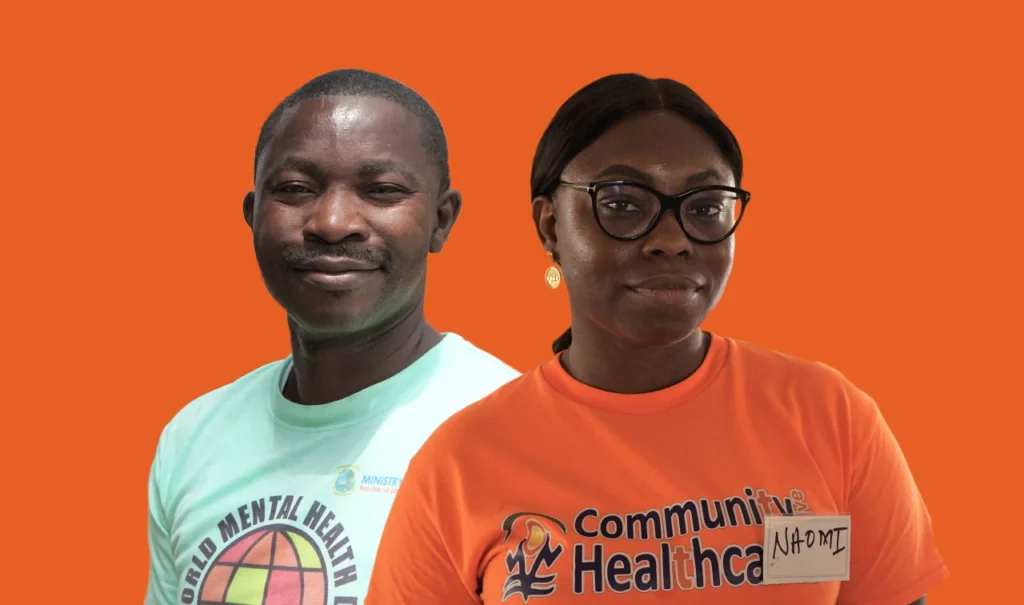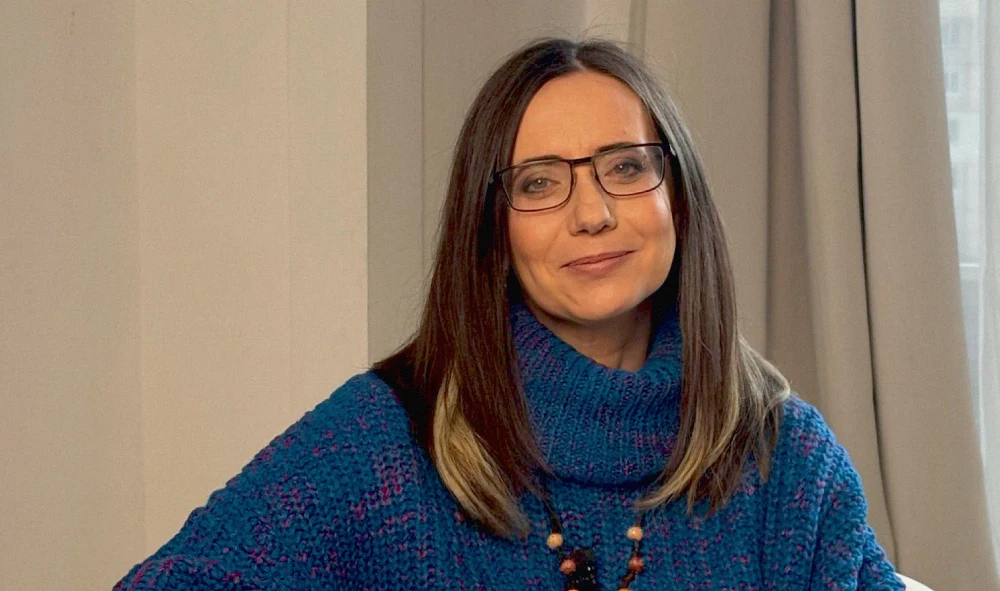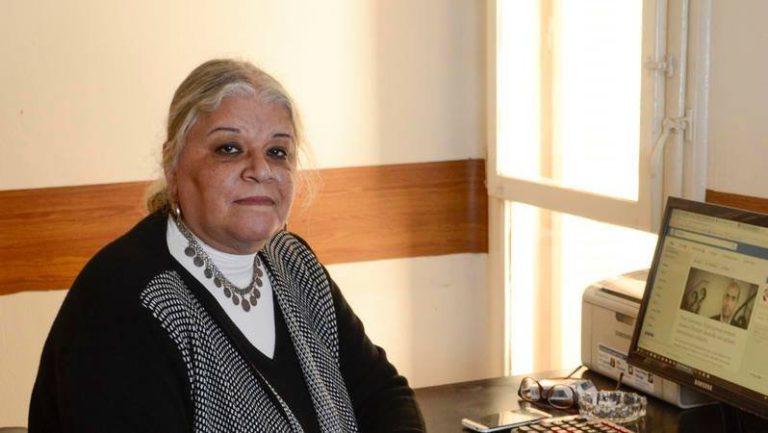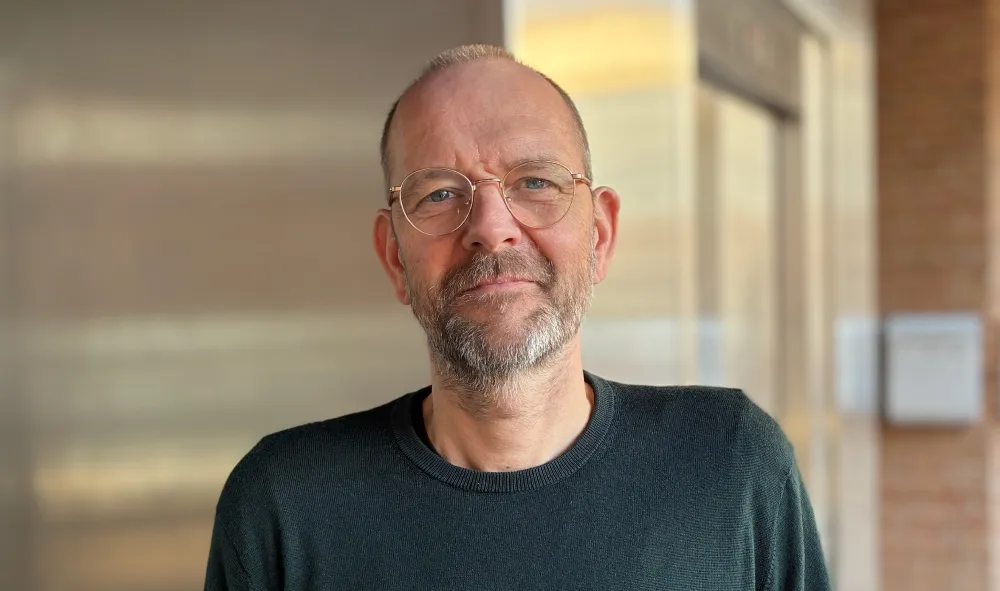DIGNITY asked Naomi Tulay-Solanke, the director and founder of the Community Healthcare Initiative (CHI), and Seidu Swaray, director of The Liberia Association of Psychosocial Services (LAPS), two of DIGNITY’s partners in Liberia, about the war crimes court and why they see it as an important step towards accountability and reconciliation for the victims of the civil wars.
How has the lack of accountability for the crimes committed from 1979 to 2003 affected Liberia and its people?
Seidu Swaray: Today, more than 20 years after the civil war ended, many people are still finding it difficult to trust one another and cope with the past, which means that there are still tensions between ethnic groups and, in some areas, people still perceive each other as enemies. Another consequence is that many cope with their traumas from the civil war by using drugs or other substances to get through the day.
Naomi Tulay-Solanke: This period has perpetuated a culture of impunity in Liberia, which has had several adverse effects. The victims, including many women, have been denied justice for the atrocities they suffered, which hinders their ability to heal and move forward. In the broader society, firstly, the absence of accountability has led to ongoing violence and instability; secondly, a lack of trust in the judicial system and government institutions has emerged, making building a cohesive and peaceful society challenging; and thirdly, the ongoing instability and lack of rule of law have hampered economic development, disproportionately affecting women, often in precarious financial situations.
Why is accountability important?
Seidu Swaray: It is important because inhabitants in communities where alleged mass killings and other atrocities occurred are still grieving their losses and continue today to point fingers at other groups whom they think were responsible for their losses and pains. This means that atrocity sites constantly remind the community members of the past.
Naomi Tulay-Solanke: It is crucial to gain accountability because it allows victims to see justice served, which is a critical step in healing our nation, and holding the perpetrators accountable can hopefully stop them from committing future crimes and contribute to lasting peace and stability. Also, it will empower the women of Liberia, as their sufferings will be acknowledged, and it will validate their experiences, which can contribute to their social and economic empowerment.
What roles do your organizations hope to play in the coming war crimes court?
Seidu Swaray: LAPS can provide trauma-informed mental health and psychosocial support (MHPSS) services contextualized for Liberia. We have experience with this from the former Truth and Reconciliation Commission, where LAPS offered requisite psychosocial support services to all witnesses who appeared and gave testimonies during the nationwide hearing processes. We are also looking forward to taking an active part in uniting civil society and keeping an eye on the importance of gaining justice and accountability.
Naomi Tulay-Solanke: Local women’s rights organizations like CHI can play several vital roles. For example, we can advocate for including gender-sensitive approaches in the court’s proceedings and ensure that crimes against women are adequately addressed. I also hope that we will be part of educating the public about the War Crimes Court’s importance and the need for accountability, fostering a culture of justice and human rights.
What is your hope for the coming war crimes court?
Seidu Swaray: I hope that the war crimes court will unite Liberia and that politicians will be held accountable for their actions related to the civil war. I hope that this will lead to a reduced risk of future violence and the prevention of politically motivated violence or war in Liberia.
Naomi Tulay-Solanke: I hope it will deliver justice and reconciliation to the victims and hold perpetrators accountable for their actions. I also hope that the war crimes court will set a new standard by strengthening institutions, which will help strengthen Liberia’s judicial and governmental institutions, promoting the rule of law and human rights.
Read more about DIGNITY’s work in Liberia: https://dignity.dk/en/news/20-years-after-civil-wars-and-ebola/





